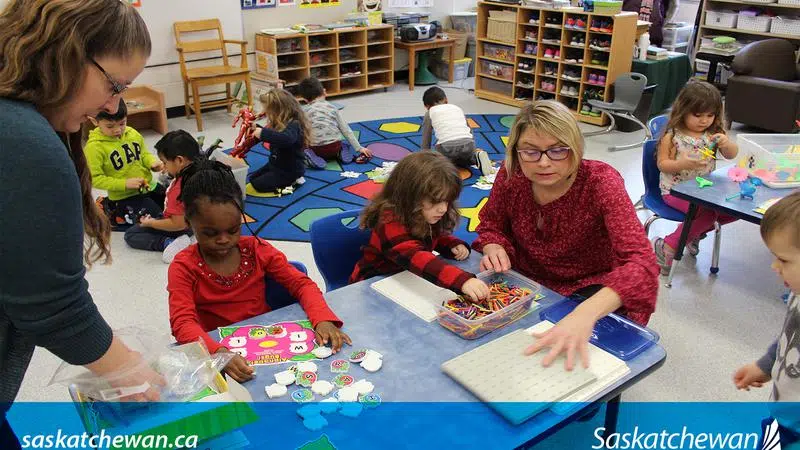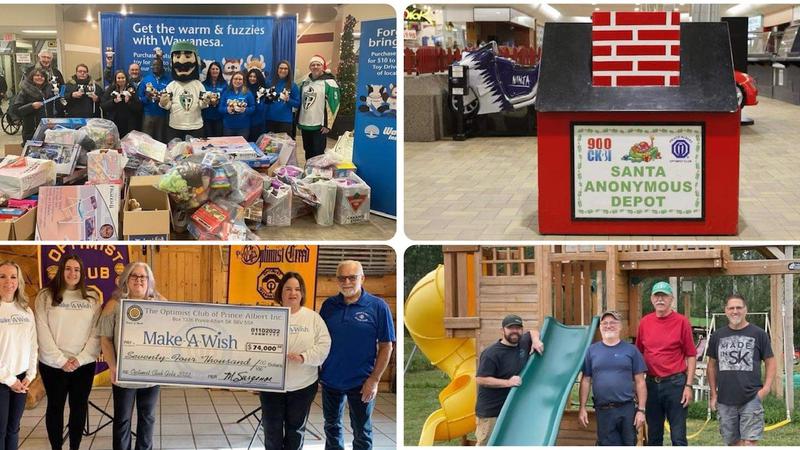
New program for Pre-K kids with intensive needs
A program aimed at helping more pre-school kids who have intensive needs is being expanded in Saskatchewan.
Twenty-eight spots in the Early Learning Intensive Support (ELIS) program for pre-kindergarten students will be coming to Prince Albert as part of the expansion in five cities. North Battleford, Moose Jaw, Swift Current and Yorkton are also included.
“The program offers very specialized supports, whether that’s speech language pathology supports or occupational therapy supports,” Saskatchewan Rivers Public School Division Superintendent of Schools Randy Emmerson told paNOW. ”Or it might even be supports from folks that have a lot of experience or expertise in providing an education for the early years students.”


